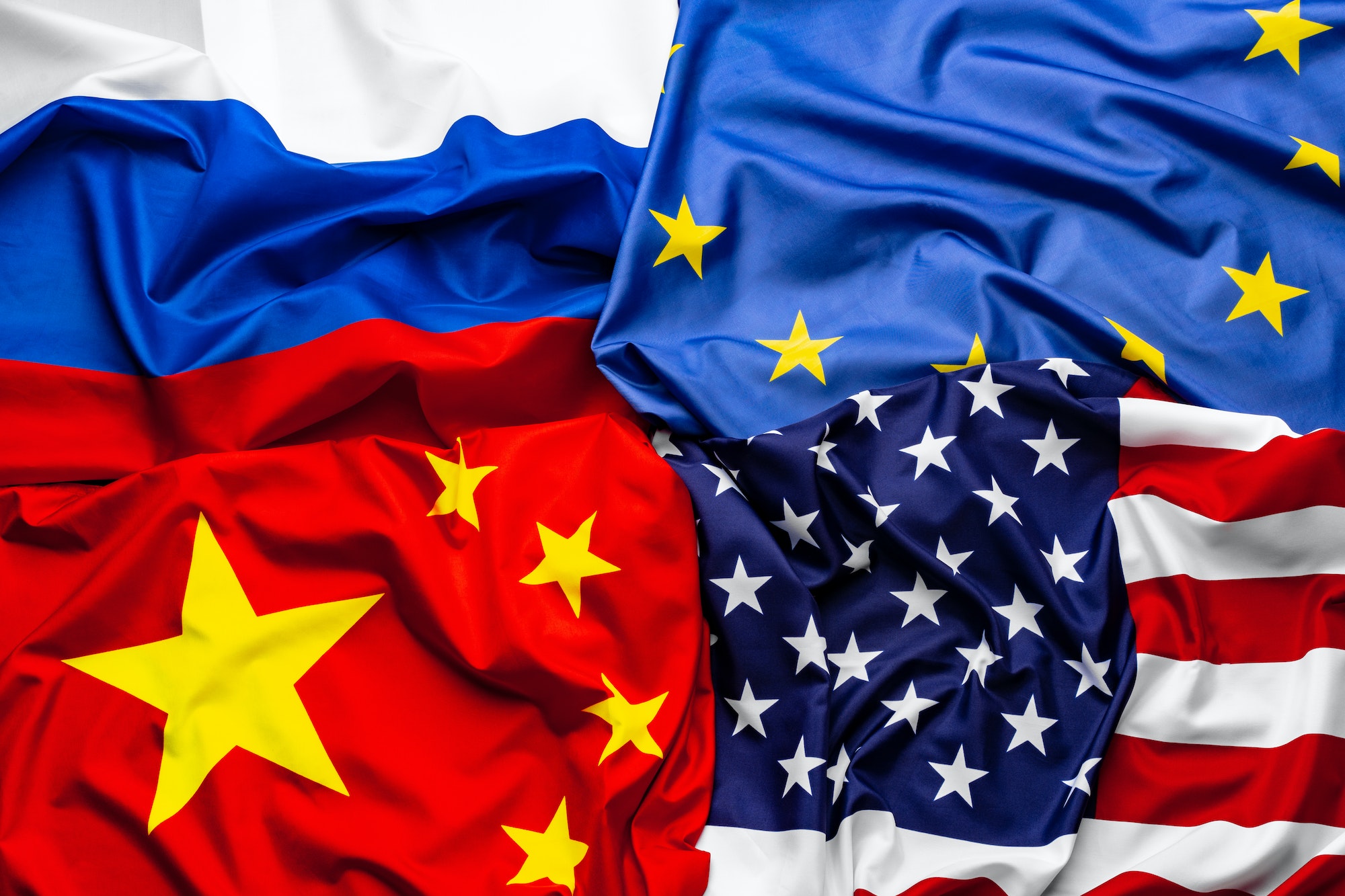AI (short for Artificial Intelligence) is growing super fast, and the world is trying to figure out the best ways to manage it. Think of AI as a new cool toy, but we need to set some rules so that no one misuses it. Here’s what three big players – China, the European Union (EU), and the United States (US) – are doing about it:

Why We Need Rules
Just like we have rules for driving cars or playing games, we need rules for AI. Even big techies like Sam Altman from OpenAI say that we need laws to make sure AI tech is used the right way.
China: Middle Ground Rules
China is pretty ahead when it comes to setting AI rules. They’re telling companies to be transparent, fair, and get permission from users before using their data with AI. But, they aren’t really setting strict rules for their own government. They also want to make sure the AI doesn’t spread fake news or harm users. It’s like China is trying to protect both its people and its control over them.

EU: Safety First!
The EU is super careful with AI. They’ve got a new rule book (the AI Act) that divides AI tools into different risk levels. If the AI tool is super risky, they won’t allow it. They also want AI tools to be open about how they work, safe, respect privacy, and not be biased. They’re also worried about AI making stuff up and breaking copyright rules. Some people think the EU is being too cautious and may slow down new cool tech, while others think it’s the right move.
US: Big Talk, Little Action
The US is kinda in the middle. They talk a lot about needing rules but haven’t done much yet. They came up with some guidelines, but there’s no strict law. Big tech companies in the US are trying to set their own rules because they know it’s essential. But, it’s still a work in progress.

Worldwide Impacts
These three big players are all doing their own thing, and it might affect how other countries deal with AI. Just like when the EU set some data protection rules and it changed how tech companies worked everywhere, their AI rules might also have a big impact. It’s tricky because every place has its own way of looking at things.
What’s Next?
AI is like a puzzle that the world is still trying to solve. How do you set rules for something that can think on its own? Every country has its idea of how to handle AI, and it’s going to be interesting to see how it all plays out.

Wrapping It Up
So, AI rules are a big deal right now. China, the EU, and the US are all trying to figure out the best approach. It’s like setting rules for a new game – everyone wants to make sure it’s fun, fair, and safe. They might all need to work together in the end to make sure AI is a win-win for everyone.
FAQ: AI Rules and What Different Countries are Doing
Q1: What’s the main point of this article?
A1: The article breaks down how three major players – China, the European Union (EU), and the United States (US) – are creating rules and regulations for AI, which is a super-fast-growing technology.
Q2: Why do we need rules for AI?
A2: Just like how cars need traffic rules to prevent accidents, AI needs guidelines to ensure it’s used responsibly and doesn’t cause harm or misuse.
Q3: How is China handling AI rules?
A3: China is focusing on companies using AI, asking them to be transparent, fair, and to get permission from users when using their data. They’re also trying to prevent AI from spreading false information.
Q4: What’s the EU’s approach?
A4: The EU is super careful. They’ve created the AI Act, which categorizes AI tools based on risk. If an AI tool can cause a lot of harm, the EU won’t allow it. They also focus on privacy, fairness, and being open about how AI works.
Q5: And the US?
A5: The US talks a lot about AI rules, but hasn’t made many official ones yet. While they’ve suggested some guidelines, there’s no strict law in place. However, big tech companies in the US are trying to set their own rules for now.
Q6: Will these rules affect other countries?
A6: Definitely! When big players set rules, it can influence how other countries and international companies operate. Think of it as a ripple effect.
Q7: Are the rules set in stone?
A7: Not really. AI is still evolving, and so are the rules. As we learn more and AI gets more advanced, these rules will likely change and adapt.
Q8: Why is international cooperation in AI regulation important?
A8: AI technology is used globally. So, if countries can work together on rules, it’ll be easier for everyone to be on the same page and ensure that AI benefits everyone safely.
Sources NATURE


